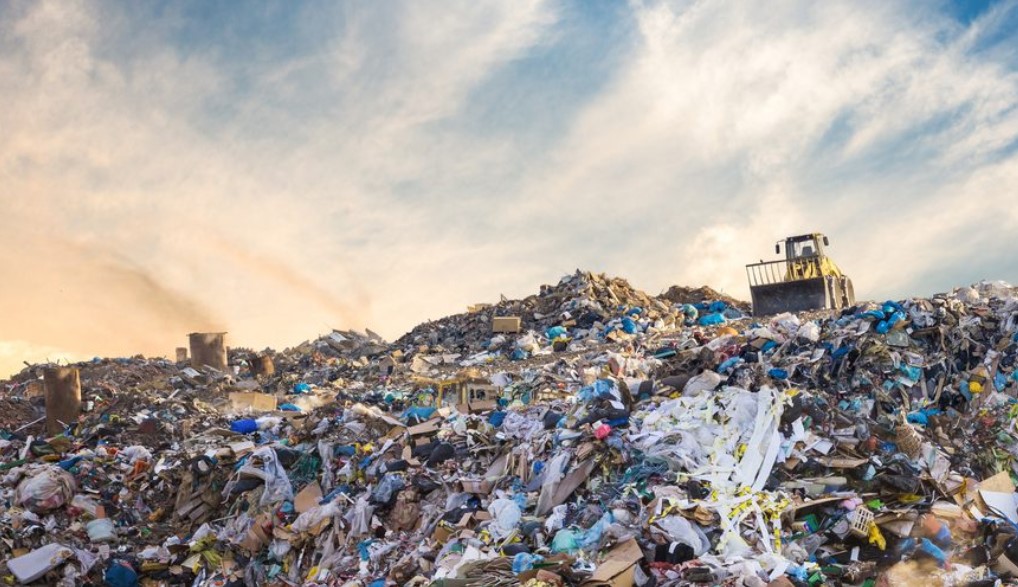“Finland is officially the world’s happiest country. It is also 75 percent forest. I believe these facts are related.”
– Matt Haig
White sand beaches. Crystalline blue ocean. Lush green, tiered rice paddies.
As one of the most popular destinations in the world, images of Bali flood Instagram.
Bali is beautiful.
And, Bali is ugly.
Despite the island’s sacred springs and water temples, the thousand-year-old waterways are dumping grounds for trash. The rivers are overrun with plastic as locals dump their garbage into the ancient water system which then drains into the rivers and out to the ocean. During the rainy season from October to March you can barely walk on the beaches as they are covered in plastic. Instead of recycling, most people burn their plastic, diapers, and rubbish along the roadside, sending a plume of poisonous toxins for all to breathe. Surfers complain of the plastic floating in the waves. The most famous surfer in the world, Kelly Slater, called out Bali years ago for its pollution problems.
Tourism has often been noted as the primary reason for the garbage problem. However, Bali has been closed to tourists for the past two years and there has only been a trickling of domestic tourism. So while tourism contributes the issue is still predominant without it.
There has been some progress over the years. Groups like EcoBali (https://eco-bali.com/) have set up island-wide collection points to gather and recycle the garbage. Sungai Watch (https://sungaiwatch.com/) has created garbage catchment systems to capture the garbage before it reaches the ocean. The MPH Circular approach (www.mph-bali.org) builds community-owned material management facilities that help enforce separation, build and operate and handover infrastructure that is capable of reducing waste to landfill by 90%. And the ByeBye Plastic Bags (http://www.byebyeplasticbags.org/) team got single-use plastic bags banned from the island and they organize regular community cleanups with over 50,000 people showing up to support.
Bali is not the only place in the world dealing with pollution issues. Almost all modern cities deal with air pollution which sends millions of people to the hospital each year. And the West is much more efficient at hiding their garbage dumps behind mountains. Out of sight, out of mind.
The Maldives deal with a similar issue as Bali. The Maldives are some of the most beautiful islands in the world and boast world-class diving. Like Indonesia, the Maldives suffers from a garbage problem. Thilafushi, an artificial island 7km from the capital, is nicknamed Rubbish Island. The accumulation of garbage there has become so acute that it has begun spilling into its lagoon. You’ll never see Thilafushi in any tourist brochure or online promotion. But if you google it you will see a smoking abomination that can be seen from kilometers away.
One step forward, two steps back. That seems to be the norm for garbage management.
We end up finger-pointing and blaming. No one wants to assume responsibility. And the result is an endless reel of images highlighting the massive problem Bali is facing. Many people have even become immune to the discussion. Garbage is so prevalent that it is just taken as part of the landscape. For anyone who has rafted the Ayung River near Ubud, this beautiful waterway meandering through the valley is juxtaposed with the garbage that lines the embankments.
The answer, however, is quite simple. Governments need to enforce the laws that are in place and create suitable waste management facilities. Consumers need to quit throwing garbage into the waterways and be more selective in their purchases. And manufacturers need to create packaging that is biodegradable or more recycle-friendly. But like everything, easier said than done.
Sadly the lockdowns have set Bali back significantly in its efforts to manage waste. Plastic bags are once again widely used and the plastic producers have argued that the problem is not with the manufacturers but with the waste management programs. Money and greed trumps everything else.
Bali is a beautiful and special place. But if it continues at this pace it will simply become a forgotten island, destroyed by untethered progress and greed. Many well-intentioned groups have made huge efforts to help address the problem. But even with all the other efforts it just isn’t enough.
Yet there are only two choices: give up or do something. The first isn’t an option. So let’s at least work for a better outcome.
Maybe if we start sharing the truth of what is happening here instead of denying the problem, we can bring attention to the issue and drive for faster change.
Yes, Bali is beautiful. But it is also embarrassingly ugly.
Let’s stop masking the ugly to promote the beauty.

